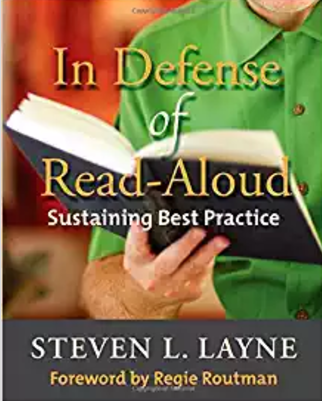I was fortunate to have the opportunity to attend and present at the SIOP National Conference at the end of June. Although I gained a lot of ideas & strategies I can bring to my class, here are 3 things I hope to apply to my classroom this year:
1) Prepare students for a broader range of academic discourse

Most people believe there are two distinct modes of communication—how we talk with our friends & family and how we read and write at school & work. Conversational language (popularly known as BICS or Basic Interpersonal Communication Skills) versus academic language are false dichotomies. In schools, workplaces, and daily life, there are a range of settings that require some use of academic language.
As teachers, we must be aware of the academic language demands on our students and strive to prepare them from a wide variety of language needs. We can do this by not just assigning strictly academic papers by writing, reading, and speaking for a wider variety of authentic contexts.
2) Give students significantly more meaningful interaction with new words
Dr. Deborah Short shared research that shows that students need 12-15 meaningful exposures to a word before it becomes a part of their lexicon.
How can we create word-rich schools?
- Create word walls so students can easily review and use new words
- Collaborate with teachers across subject areas to coordinate which words are taught and deliberately design assignments that elicit the use of new vocabulary
- Teach root words! Teaching a short list of root words (and reviewing them throughout the year!) can help students understand thousands of words that are unfamiliar to them.
3) Read aloud to students more often

In the book In Defense of Read Aloud Prof. Steven Layne argues that teachers should skillfully use their diction, volume, pace, tone and pitch to bring texts to life. Reading aloud helps students see and hear the narrative and appreciate stories in ways silent reading never could. Reading out loud for students has clear benefits:
- Students can access texts that contain vocabulary, text structures, etc, more than 2 grade levels above their current reading level
- Fosters positive attitudes toward books & texts
- Exercises students’ imagination
- Builds background knowledge
- Reinforces & improves reading skills
- Provides a model of prosody and fluency
- Broader interests in genres
- Increases cultural sensitivity (if the appropriate texts are selected)
- Improves listening skills
